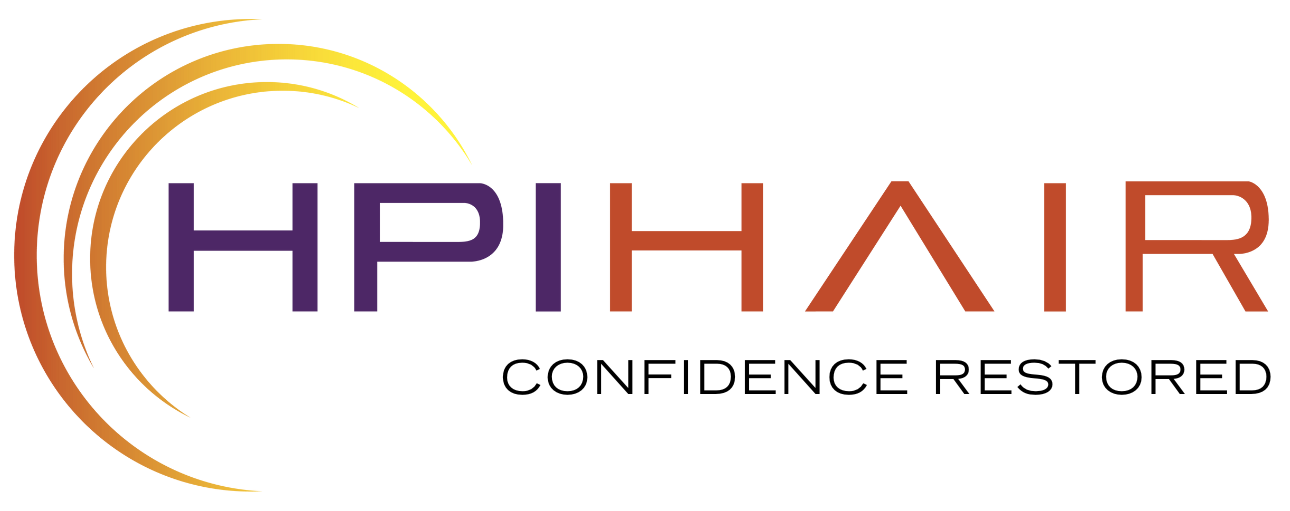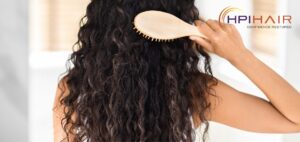Does Peptide Therapy Work
At HPIHair in Nashville, we offer personalized, physician-supported solutions rooted in science to help you address the underlying causes of hair loss. Our team of trichologists and hair loss specialists work with you to develop a clinically-based, individualized treatment plan tailored to your unique needs, whether you’re in the early stages of hair loss or seeking full restoration. With over 30 years of success in helping people regrow their hair, it’s no wonder that physicians trust us with their patients’ care. One promising option we offer is peptide therapy, a rapidly developing field that uses specific peptidesshort chains of amino acidsto potentially influence biological processes like tissue repair, immune function, and overall wellness. Though peptide therapy shows promise in supporting hair regrowth, individual results can vary, so it’s essential to consult with healthcare professionals to determine how this treatment may align with your personal health goals. Experience the power of hair science for yourselfget started on your journey today.
Peptide Therapy for Hair Regrowth
Peptide therapy is a cutting-edge treatment approach that harnesses the power of short chains of amino acids, known as peptides, to influence various cellular processes in the body. Here’s what you need to know about how peptide therapy works for hair regrowth:
– Peptides and Hair Follicle Stimulation: Peptides can promote the activation and revitalization of dormant hair follicles, potentially leading to increased hair density and overall improvements in hair health.
– Enhanced Blood Circulation: Certain peptides have been shown to support improved blood circulation in the scalp, which is crucial for delivering essential nutrients to the hair follicles and promoting optimal hair growth.
– Anti-Inflammatory Effects: Some peptides exhibit anti-inflammatory properties, which can be beneficial for individuals experiencing hair loss associated with inflammatory scalp conditions.
The Science Behind Peptide Therapy
Peptide therapy operates at the cellular level, influencing processes that are integral to the health and growth of hair. Understanding the scientific mechanisms behind peptide therapy can provide valuable insights into its potential effectiveness for addressing hair loss:
– Cellular Signaling: Peptides act as signaling molecules, triggering specific responses within cells that can contribute to hair follicle activation and regeneration.
– Collagen Production: Certain peptides have been found to stimulate the production of collagen in the scalp, which is essential for maintaining the structural integrity of the hair and promoting a healthy environment for hair growth.
– Targeted Repair: Peptides can target damaged or weakened areas within the scalp, promoting tissue repair and creating a supportive environment for the regrowth of healthy hair.
Factors to Consider when Exploring Peptide Therapy
When considering peptide therapy as a potential solution for hair regrowth, several factors should be taken into account to ensure that the treatment aligns with your specific needs and goals:
– Individual Response: While peptide therapy holds promise for many individuals, it’s important to recognize that individual responses to the treatment can vary. Consulting with healthcare professionals is essential to determine how peptide therapy may benefit you based on your unique circumstances.
– Comprehensive Evaluation: Before embarking on peptide therapy, a comprehensive evaluation of your overall health and specific hair loss concerns is crucial to ensure that the treatment is tailored to address your individual needs.
– Combination Therapies: In some cases, peptide therapy may be integrated with other hair restoration approaches to maximize the potential for successful outcomes. Understanding the potential synergies between peptide therapy and complementary treatments can provide a holistic approach to hair regrowth.
The Role of Personalized Treatment Plans for Peptide Therapy
At HPIHair, we understand that every individual’s experience with hair loss is unique, and we are committed to developing personalized treatment plans that cater to your specific needs. Here’s how our approach to peptide therapy for hair regrowth emphasizes personalized care:
– Individual Assessment: Our team conducts a thorough assessment of your hair loss concerns and overall health to determine the most suitable peptide formulations and treatment protocols.
– Tailored Formulations: Peptide therapy is not a one-size-fits-all solution. We customize peptide formulations to address your unique hair regrowth goals and optimize the potential for successful outcomes.
– Ongoing Monitoring: Throughout your peptide therapy journey, we provide ongoing monitoring and adjustments to your treatment plan as needed, ensuring that you receive personalized support every step of the way.
Unlocking the Potential of Peptide Therapy for Hair Regrowth
Peptide therapy represents a compelling opportunity for individuals seeking effective solutions for hair regrowth. nderstanding its mechanisms, considering individual factors, and embracing personalized care, you can unlock the potential of peptide therapy as part of your journey towards revitalizing your hair and confidence.
Schedule a Session Today









